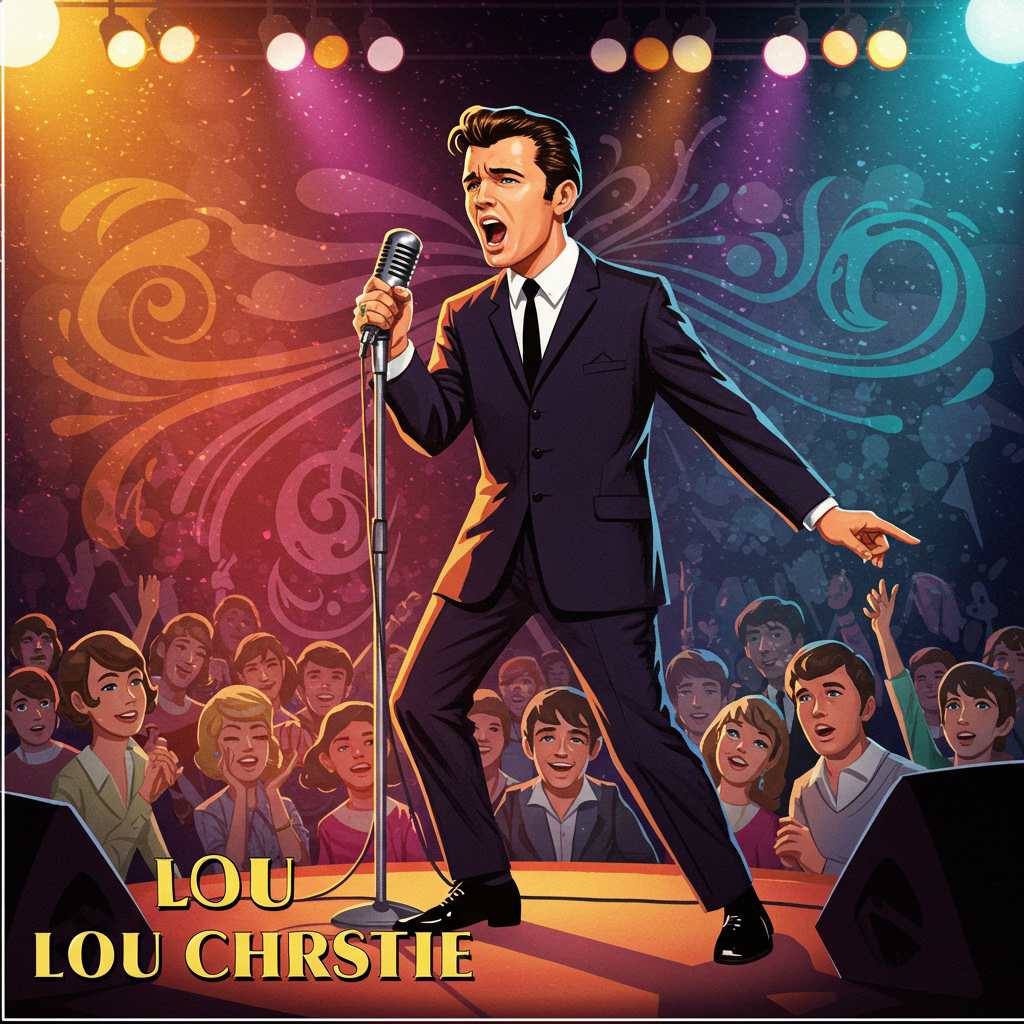For many, the name Lena dunham instantly conjures images of New York City. Her acclaimed semi-autobiographical series Girls captured the chaotic yet captivating energy of navigating young adulthood in the bustling Big Apple. This show propelled her into the spotlight as a writer, director, and actress known for her candid and often provocative storytelling.
However, Dunham’s latest creative venture takes her across the pond. Her new Netflix rom-com, Too Much, is set against the distinct backdrop of london. This series is loosely inspired by Dunham’s own experiences relocating to the UK in 2021, marking a significant geographical and thematic shift from her previous work rooted in NYC life.
Welcome to London: The Premise of ‘Too Much’
The ten-episode series introduces Jessica, played by Megan Stalter, a New Yorker who makes the leap to London after a significant breakup. In a classic fish-out-of-water scenario, Jessica begins to navigate life in the UK. She quickly encounters those uniquely British quirks that anyone moving to the country soon discovers.
Jessica’s London immersion includes understanding the universal adoration for Paddington Bear and getting tangled in the fiercely debated Jaffa Cake question (it’s clearly a biscuit, according to Dunham). She also learns that a “housing estate” doesn’t mean sprawling grounds but rather a specific type of residential complex, often located in less central areas like East London, realistically aligning with a media salary.
While Too Much draws inspiration from Dunham’s personal journey, she emphasizes it is only about “5% autobiographical.” The show shares “superficial similarities” but tells its own distinct story. Unlike Girls, where Dunham played the lead character Hannah Horvath, she steps firmly behind the camera for Too Much.
A Different Kind of Love Story
Megan Stalter, who portrays Jessica, highlights a core difference between Girls and Too Much. She notes that while Girls heavily focused on exploring sexuality, Too Much centers on the experience of falling in love. Dunham echoes this perspective, viewing the new series as an evolution into themes of genuine romantic connection and navigating vulnerability within a relationship.
Jessica finds herself falling for Felix, a punk musician played by Will Sharpe. Sharpe, known for roles in The White Lotus and A Real Pain, relates to his character’s journey. He points out that everyone carries emotional weight from past relationships, which naturally creates vulnerability when starting something new.
Stalter also connects with Jessica’s character arc. Reflecting on her own 20s, the 34-year-old actress admits she often “felt like she was too much.” However, she shared that with age and experience, she has learned to embrace and be proud of her authentic self, mirroring a potential theme within the show.
Stepping Back from the Spotlight: Body Image and Being Perceived
A major reason Dunham chose not to star in Too Much stems from her past experiences in the public eye. During the years she filmed Girls in her 20s, her body was subjected to relentless and often harsh scrutiny. Last year, she candidly told The New Yorker that she simply “was not up for having my body dissected again.”
This intense level of “being perceived” felt overwhelming, Dunham explains. It was a significant factor in her decision to step further behind the camera, focusing on writing and directing projects that do not require her presence as an actor. For several years now, she has channeled her creative energy into projects where she isn’t the central performing figure.
Despite some progress in cultural conversations around body positivity, Dunham argues that society remains deeply flawed. She contends that the prevailing culture is still “so deeply fatphobic, misogynistic, racist and ageist.” These pervasive biases, she notes, significantly impact how individuals relate to and feel about their own bodies.
Personal Health Journeys and Self-Acceptance
Dunham, now 39, has been open about her personal health challenges. Notably, she has spoken extensively about her struggle with endometriosis, a chronic condition that ultimately led her to undergo a hysterectomy at the age of 31.
She reflects on how this challenging health journey has transformed her relationship with her body. Since the procedure, she feels she has developed a new sense of love and acceptance for how she looks. She describes having cultivated a bond with her body that exists “outside of the cultural pressures,” an outcome she feels fortunate to have achieved. This personal evolution likely informs some of the deeper emotional layers potentially explored in Too Much.
Reflections on Growth, Controversy, and dating Advice
Being in the public eye for over a decade means Dunham has faced her share of controversies. Looking back from her late 30s, she acknowledges learning valuable lessons since her 20s.
She specifically mentions her 2017 decision to defend Girls writer Murray Miller after he was accused of sexual assault (Miller denied the claims and was not charged). Dunham later apologized, stating it was “absolutely the wrong time” to offer her perspective. She also apologized for a “distasteful joke” she made on a podcast regarding abortion, saying she wished she had experienced one when discussing the topic.
Reflecting on these moments, Dunham admits her younger self was too focused on simply “keep going and be tough no matter what happened.” She was intensely focused on her work and tried to block out external “noise.” Now, she wishes she had allowed herself more time and space to process things. She emphasizes the importance of acknowledging one’s own “complexities and sensitivities,” something she found difficult to grasp in her 20s.
Navigating the Modern Dating Landscape
Co-written with her husband, musician Luis Felber, Too Much delves into the evolution of a single romantic relationship with a focus on realism. This extends beyond just the plot to details like Jessica’s living situation being authentically located in East London based on her profession, rather than a more romanticized, expensive central location often depicted in fiction.
Given her personal journey and focus on relationships in her work, Dunham was asked if she had dating advice for women in their 20s. While she didn’t offer prescriptive tips, she shared insights based on her own past. She notes how the concept of dating has dramatically changed, recalling a time in the late 2000s when meeting someone online was considered unusual or a “last resort.”
Looking back, she feels her romantic life in her 20s would have unfolded very differently if she had prioritized understanding her own desires. Instead, she felt influenced by cultural expectations. Her reflection serves as a gentle piece of wisdom: focusing inward on what you truly want is key to navigating the dating world, regardless of the era or external pressures.
Too Much premieres on Netflix on 10 July, offering viewers a new lens on love, relationships, and finding yourself in an unexpected city, filtered through Dunham’s unique perspective honed by years in the public eye and personal growth.
Frequently Asked Questions
What is Lena Dunham’s new series ‘Too Much’ about and how does it compare to ‘Girls’?
Lena Dunham’s new Netflix series, Too Much, is a romantic comedy set in London. It follows Jessica, a New Yorker who moves to the UK after a breakup and falls for a local punk musician. Unlike Girls, which was largely set in New York and explored themes of sex and young adulthood in a semi-autobiographical way with Dunham starring, Too Much is set in London, focuses more on the journey of falling in love, and is only about 5% autobiographical, with Dunham serving as writer and director but not the lead actor.
Why did Lena Dunham choose not to star in her new show ‘Too Much’?
Lena Dunham decided not to star in Too Much due to the intense public scrutiny she faced regarding her body while acting in her previous series, Girls, during her 20s. She found “just being perceived” and having her body “dissected” by the media and public overwhelming. Stepping behind the camera for Too Much allows her to focus on the creative aspects of writing and directing without being the central figure subject to that level of personal examination.
What insights does Lena Dunham share about dating and her past experiences?
Drawing from her own life, Lena Dunham reflects that the dating world has significantly changed, noting the shift towards online dating which was once seen as unconventional. Rather than giving direct dating tips, she shares a key lesson learned from her 20s: she wishes she had focused more on understanding her own desires instead of being swayed by cultural expectations. She emphasizes the importance of acknowledging one’s sensitivities and complex nature, a perspective she gained through time and experience.


